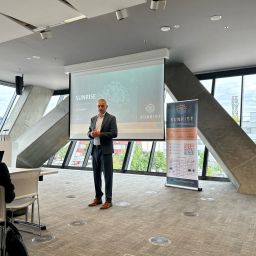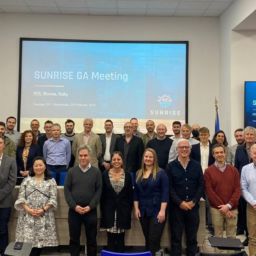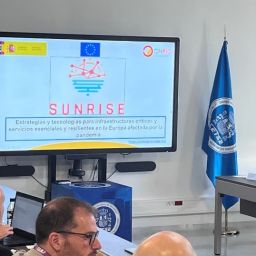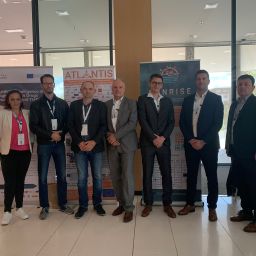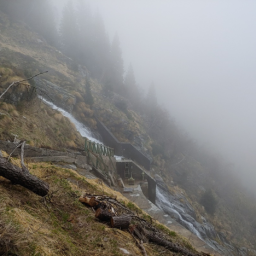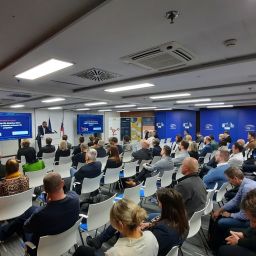
SUNRISE CRITICAL INFRASTRUCTURE SERIES
The digital transformation of critical infrastructures, such as energy or water distribution systems, is essential for their smart management. Faster issue identification and smoother services enable better adaptation to consumers’ evolving demands and increase the resilience of said critical infrastructures. However, these large-scale infrastructures are often outdated. Their digital transformation is crucial to enable them to support societies. This process must be carefully planned, providing guidance that ensures that the data they rely on are dependable and that the system remains fully operational during the transition.
One of the most relevant cases is the development of fully functional smart grids in recent years that has led to the digital transformation of formerly analogue critical infrastructures. Being able to collect and analyze data from various sources withing the infrastructure, organizations can gain insights into customer behaviour and organization operation. Similarly, another domain that seems to be gaining research attention lately is Water Distribution Networks (WDNs). WDNs have some similarities with the electrical network, e.g., their distribution over a large territory. Yet, there are also significant differences aside from the physical nature and properties of the elements provided by the services. For example, WDNs are primarily underground, leading to an increased difficulty in acquiring and validating detailed data from specific elements. As a result, while there are lessons to be learned from the evolution of smart grids, a distinct approach is required to tackle the unique challenges of WDNs.
In particular, the digital transformation of WDNs from legacy analogue systems into data-driven ones requires some guidance that offers flexibility and ensures reliability. Flexibility is required to support an incremental approach during the transformation process so as to introduce more data acquisition nodes as needed. Reliability is a must to ensure the proper verification of dependable data, thus providing a solid framework for detecting the relatively higher number of failures compared to other critical infrastructures, even with daily maintenance issues. Furthermore, having dependable data paves the way for implementing a new supervisory control and data acquisition (SCADA) system and a set of decision support tools to transform the current legacy system into a data-driven digital one.
For this SUNRISE partner, Universidad Politécnica de Madrid, has created a formal model that ensures the flexible and correct deployment of a SCADA system over a legacy WDN. Furthermore, the formal model also ensures the validity of the data generated and inferred by the SCADA system and its nodes. In this sense, the formal model supports and guides the deployment of the SCADA system and its decision support tools when gearing towards a transition to a data-driven digital system in WDNs. Going into detail, the model validates the data through node and system-level statements, thus providing the reliability required for issue detection and decision making in critical infrastructures. In addition, the model establishes the required topology for deploying the nodes of the SCADA system to ensure its correct functioning. To this end, the model is based on ternary relational semantics, also known as Routley–Meyer semantics. Initially introduced to address the specific technical challenges of relevance logics, these logics have lately been applied to distributed systems such as smart grids. Far from a purely theoretical exercise, the model has been validated by creating a software artifact to demonstrate its applicability in an industrially relevant environment.
Link to the article: Electronics | Free Full-Text | A Formal Model for Reliable Data Acquisition and Control in Legacy Critical Infrastructures (mdpi.com)
Written by: José Miguel Blanco, Jose M. Del Alamo, Juan C. Dueñas and Felix Cuadrado, Universidad Politécnica de Madrid (UPM)


